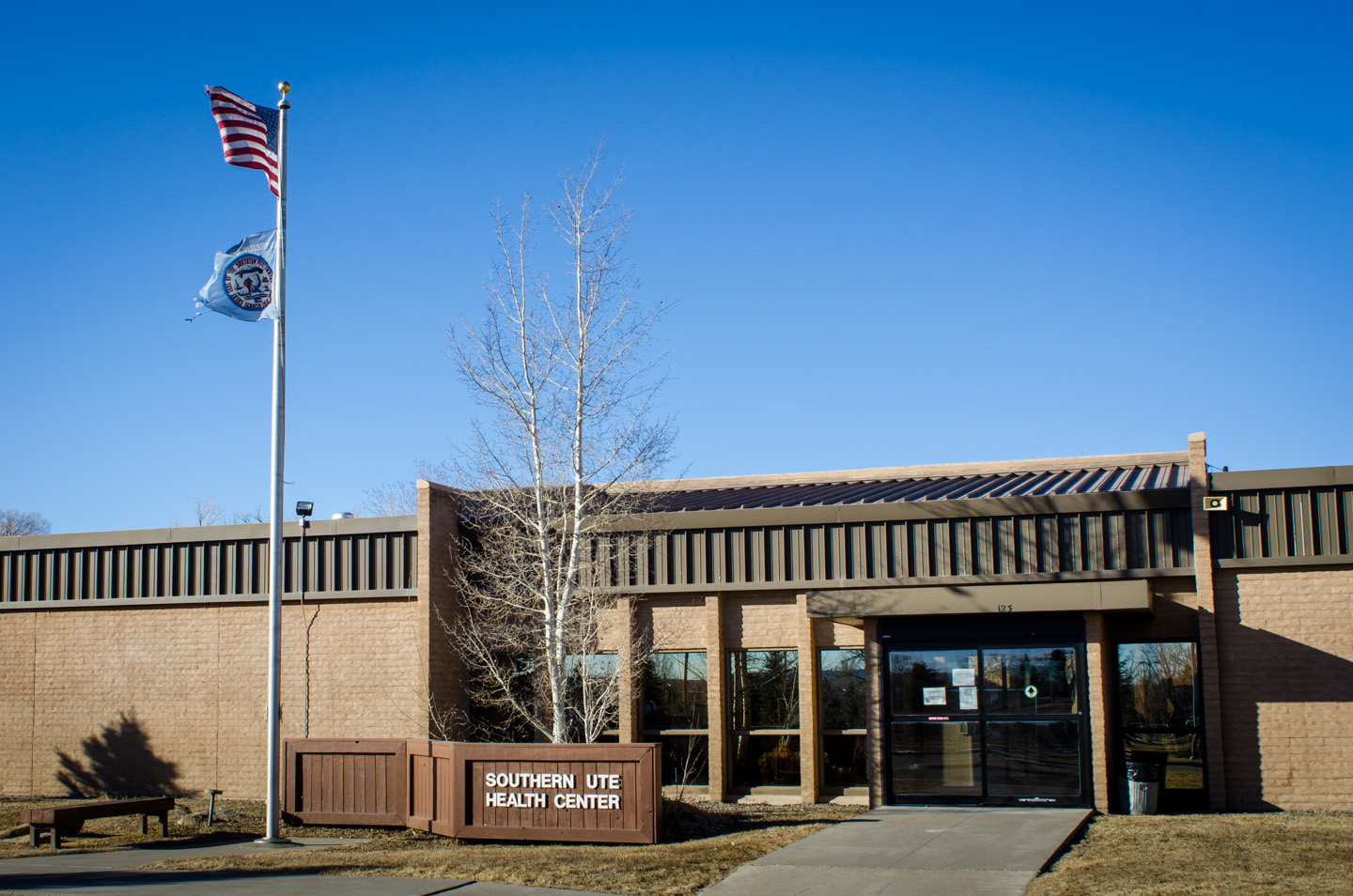Editor’s note: For more stories from our Spotlight on Tribal Health series, click here. The following is excerpted from the Southern Ute Tribal Health Department’s annual report for fiscal year 2012 (Oct. 1, 2011- Sept. 30, 2012).
The mission of the Southern Ute Tribal Health Department is “Strengthening the circle of wellness by providing progressive, traditionally balanced, compassionate, comprehensive health care to members of the Southern Ute Indian Tribe.”
The department administers all tribal health-related programs, services and activities. It manages health-related 638 contracts (see Feb. 20 article for more information) and operates the Southern Ute Health Center. Fiscal year 2011 was the second year the tribe successfully operated the Health Center.
Health Center operations data for 2011 included 9,269 living patients; 23,335 ambulatory care visits; and 33,648 prescriptions.
The Tribal Health Department is composed of the following divisions:
- Health Services: Liaises between patients and providers to ensure patients understand their conditions and treatments. Provides home health care and dialysis transportation.
- Clinical Services: Delivers clinical care and pharmacy services. Includes family practice, optometry and more.
- Dental Services: Provides restorative, prosthetic, endodontic, periodontic, oral surgical, pediatric and preventive dentistry.
- Nursing Services: Provides clinical and public health nursing services, including ambulatory care visits.
- Behavioral Health Services: Provides services to children and adult patients including evaluation, diagnosis and management of mental, behavioral, chemical dependency and emotional conditions.
- Referral Services: Uses tribal and federal funds to pay for referrals when medically necessary services are not available from the department.
- Business Office: Bills and collects revenue from various third-party health care sources and records, controls and accounts for patient-related resources.
- Patient Information and Prevention Services: Provides and coordinates prevention related to chronic disease. Includes the Shining Mountain Diabetes Program.
The Tribal Health Department receives monthly feedback from tribal members through the Tribal Health Advisory Committee. The committee consists of enrolled tribal members from the following groups: elders, older adults, young adults and youth.

